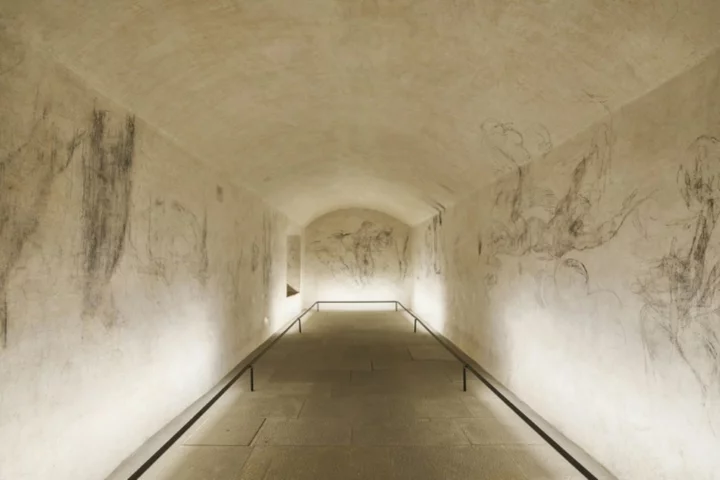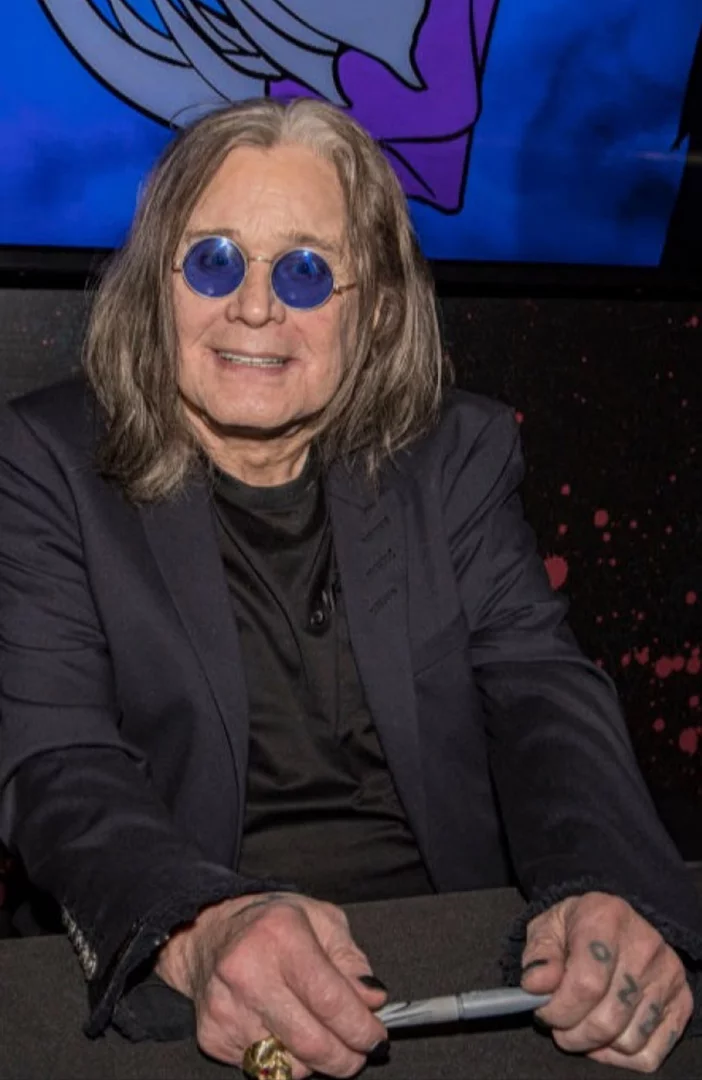Sketches drawn on the walls of a small room in Florence by Renaissance artist Michelangelo as he hid from an angry pope are going on show for the first time.
Charcoal figures run along the sides of the room, a former coal cellar in the depths of the Museum of the Medici Chapels which will open to the public from November 15.
Known as Michelangelo's "secret room", the space -- which measures 10 metres by three metres (33 feet by 10 feet) -- was used to store coal until 1955.
It was then "unused, sealed and forgotten for decades below a trapdoor covered by wardrobes, furniture and stacked furnishings" before being discovered again in 1975, the museum said in a statement.
The director at the time, Paolo Dal Poggetto, attributed many of the sketches uncovered to Michelangelo Buonarroti, best known for his statue of David and the frescos in the Vatican's Sistine Chapel.
Dal Poggetto believed Michelangelo had hidden from Pope Clement VII in the room for two months in 1530 because the pontiff, a member of the Medici family, was "infuriated" with him.
The artist had served as a supervisor of the city's fortifications during the short-lived republican government (1527 to 1530), when the Medici were driven out of the city.
"The drawings, still being studied by critics, were produced during the artist's 'self-confinement' period, using the walls of the small room to 'sketch out' some of his projects," the museum said.
Curator Francesca de Luca said the space was "truly unique for its exceptional evocative potential".
"Its walls appear to be teeming with numerous sketches of figures, largely of monumental size," she said in the statement.
"These are accompanied by studies, varying between in-depth and superficial analyses, capturing details of the body, facial features and unusual poses."
From November 15, small groups of a maximum of four people per visit will be allowed in at a time, with pauses in between each visit to limit the time the sketches are exposed to LED light.
ide/ar/pvh









